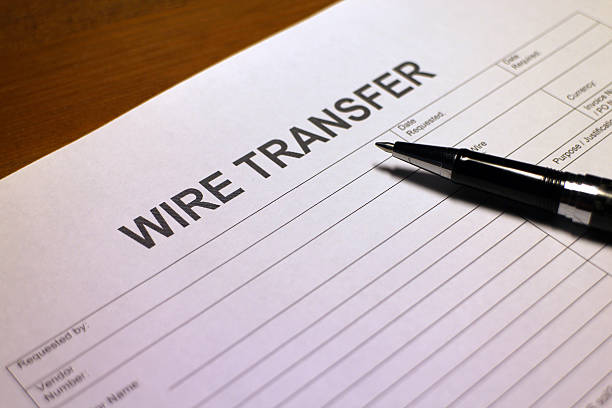A routing number, also known as an ABA (American Bankers Association) routing number or a routing transit number (RTN), is a nine-digit code that identifies a specific financial institution in the United States. Every bank or credit union has its unique routing number, allowing the Federal Reserve and other financial institutions to process transactions accurately.
The Anatomy of a Routing Number
Breaking down a routing number reveals valuable information about the transaction's origin and destination. The nine-digit code can be divided into three parts:
Prefix (XXXX): The first four digits of the routing number represent the Federal Reserve routing symbol. This symbol corresponds to the geographical location of the bank or credit union's main office.
Routing Area (YY): The next two digits identify the specific Federal Reserve district where the bank is located.
Institution Identifier (ZZZ): The final three digits make up the unique identifier for the financial institution itself.
How Are Routing Numbers Used in Electronic Transfers?
Routing numbers play a pivotal role in ensuring the accuracy and efficiency of electronic transfers, such as direct deposits, wire transfers, and automatic bill payments. Here's how they work:
Direct Deposits: When your employer deposits your salary directly into your bank account, they use your bank's routing number to ensure the funds are routed to the correct financial institution. The routing number helps in identifying not just the bank but also the specific branch where your account is held.
Wire Transfers: Sending money across the country or even internationally requires precise routing. The routing number, along with your account number, helps financial institutions trace the path your funds should take to reach the intended recipient accurately and securely.
Automatic Bill Payments: Many of us have set up recurring payments for bills like utilities, mortgages, and subscriptions. Routing numbers ensure that these payments are automatically deducted from your account and credited to the appropriate recipient's account.
ACH Transfers: Automated Clearing House (ACH) transfers are used for various types of electronic transactions, including direct debits and e-checks. Routing numbers play a crucial role in guiding these transactions, allowing funds to move seamlessly between different financial institutions.
Security and Accuracy
Routing numbers are not secret codes. They are printed on checks, deposit slips, and various banking documents. However, they still provide an essential layer of security. By using the correct routing number, you prevent the possibility of your funds ending up in the wrong account due to errors or confusion.
Conclusion
In the realm of electronic transfers, routing numbers serve as the invisible threads that weave together the intricate fabric of our financial transactions. From direct deposits to wire transfers, they ensure that your hard-earned money reaches its intended destination accurately and securely. Understanding the role of routing numbers in electronic transfers empowers you to navigate the digital financial landscape with confidence, knowing that your funds are in capable hands.
Frequently asked questions (FAQs) about routing numbers and account numbers, as well as how to change or update a bank routing number




